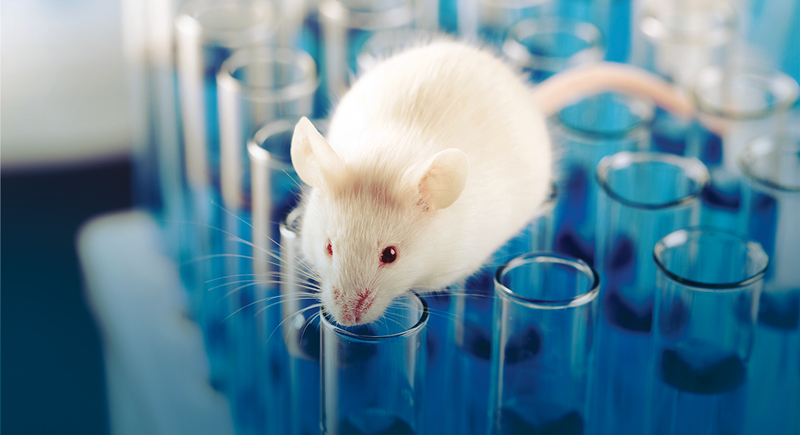 Building Better Models with Alternatives AAVS affiliate, the Alternatives Research & Development Foundation (ARDF) has awarded grants totaling nearly $240,000 to six projects developing alternatives to reduce or replace the use of animals in research and testing. The work done by this year’s grantees is particularly exciting because they have the potential to replace large numbers of animals, including some in procedures that cause severe pain and distress. Two studies are developing computer models to predict the potential toxic effects of chemicals. One is being designed to analyze complicated chemical structures that current computer models can only partially read and the other will look at the cellular path that a chemical takes to produce its toxic effects. Computer models such as these are faster and cheaper than animal testing, and can be more accurate in understanding how a chemical affects the human body. Another study is developing a different kind of computer model to design new antibodies, which are often produced through a painful procedure that involves injecting an animal with a substance that causes the body to create antibodies, which are then harvested from the animal’s blood. Other funded projects are using human cells to create models to mimic human organs and functions. For example, liver organoids are being developed to better understand the liver toxicity of certain food additives, which many consumers might not be aware are typically tested on animals. Human cells are also being used to create a respiratory tract model that can replace the use of rats, hamsters, and rabbits in inhalation tests to study the air pollutant acrolein, which can cause asthma in children. Additionally, a model that will mimic the human body’s process of creating new blood vessels is being developed to replace cell-cultures that still rely on using animal-derived products. This alternative has the potential for broad application and could be used to study cancer and heart disease. ARDF is one of AAVS’s most distinctive initiatives because it directly supports the development of alternatives that solve the problems of animal testing—one grant at a time. Since 1993, through the generosity of our supporters, ARDF has provided $4 million to fund projects that focus on replacing the use of animals in research, testing, and education. |
 The U.S. Department of Agriculture (USDA) has filed a complaint against the Moulton Chinchilla Ranch, citing 112 Animal Welfare Act (AWA) violations since 2014. This is the first time in 6 years that USDA has taken an animal research-related facility to court, an action that is reserved for extreme cases. Moulton, one of only a few facilities in the U.S. supplying chinchillas for use in research, should have its license permanently revoked. READ MORE » |